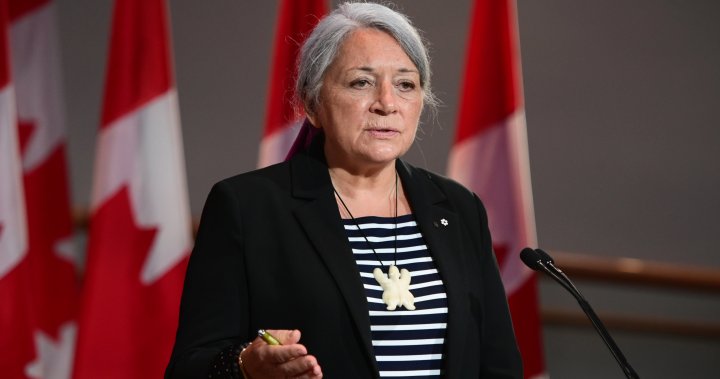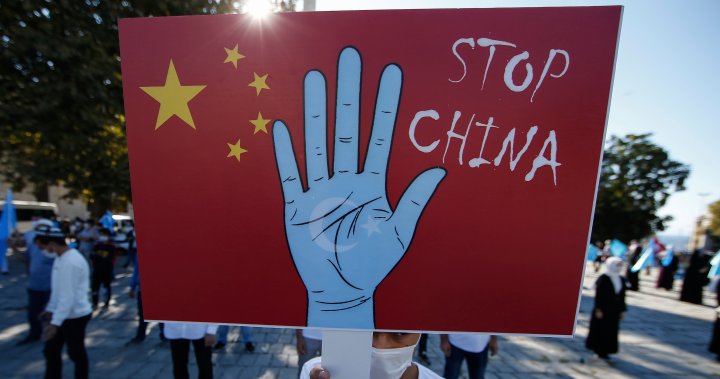Learn about the life and work of Alice Stewart, a trailblazing scientist whose discoveries on the link between radiation and cancer changed the way society views public health. Read this illuminating essay to learn about her activism, life, and lasting impact.
Table of Contents
A Lasting Legacy of Courage and Conviction
Alice Stewart may not have the same name recognition as other notable people in the medical and scientific fields, but her work was groundbreaking nonetheless. Alice Stewart was a great scientist whose findings changed our knowledge of radiation and cancer. In this essay, we will explore her life, career, and legacy.

Delving into the Life of Alice Stewart
Alice Stewart was born in 1906 in Sheffield, England, and she showed a natural talent for learning at a young age. She finished her undergraduate degree and then went on to earn a medical degree from the University of Cambridge, where her love of research really took off.
Early Years and Education
A need for understanding and an obsession with finding the truth defined Stewart’s early years. In her time as an undergraduate, she set the stage for revolutionary work in epidemiology.
The Groundbreaking Research
The link between radiation exposure and cancer rates was central to Stewart’s groundbreaking research. While the nuclear business was growing in popularity, her research cast doubt on long-held assumptions and ignited heated arguments.
Discovering the Link: Radiation and Cancer
Thorough epidemiological investigations conducted by Stewart found strong evidence connecting radiation exposure to several types of cancer. A raging dispute broke out when her study exposed the risks of medical X-rays and nuclear radiation.
Challenging the Status Quo
Stewart faced strong opposition from influential special groups due to her steadfast dedication to scientific accuracy. Fearlessly championing public health initiatives to reduce radiation exposure and safeguard vulnerable people, she was undeterred by criticism.
Confronting the Nuclear Industry
Her forthright criticism of the nuclear business garnered her both praise and criticism, according to Stewart. She never wavered in her quest for justice and truth, even in the face of professional scorn and retaliation.

Epidemiological Research and Findings
Stewart’s seminal work transformed epidemiology and illuminated the connection between radiation and cancer. A new benchmark for scientific inquiry was set by her precise techniques and thorough analysis.
Legacy and Impact
Stewart’s impact on public health policy and activism is immeasurable, and it reaches well beyond the academic world.
Pioneering Public Health Advocacy
Stewart’s dogged advocacy for greater radiation protections and regulations was a major factor in the public’s rallying behind these measures. Revolutionary changes in healthcare and radiation safety were made possible by her tireless lobbying.
The Long-lasting Influence on Policy
Society’s perception and mitigation of radiation dangers underwent a paradigm change due to Stewart’s study. In light of her findings, policymakers and regulators throughout the globe rethought their approaches and made public safety a top priority.
Shifting Paradigms in Radiation Exposure Regulation
Comprehensive standards for controlling radiation exposure in medical and occupational contexts were developed in part because of Stewart’s lobbying. Public health regulatory structures are still shaped by her impact.
Empowering Public Awareness
When Stewart attempted to explain complicated scientific ideas in a way that the average person could understand, it gave them more agency in their own health care decisions. The many lives she spared and the communities she helped safeguard are testaments to her pioneering spirit and her lasting impact.
The Humanitarian Side
A staunch supporter of social justice and responsible research methods, Stewart went above and beyond her scientific accomplishments.

Stewart’s Commitment to Social Justice
Stewart never wavered in her dedication to fighting for underrepresented groups and tackling the socioeconomic determinants of health. The significance of fairness and equality in public health programs was highlighted by her research.
Advocating for Ethical Research Practices
Stewart’s unwavering commitment to research ethics and scientific integrity will be an inspiration to scientists and politicians of the future.
Ensuring Accountability in Scientific Endeavors
Stewart’s unwavering dedication to openness and responsibility contributed to the legitimacy and trustworthiness of scientific organizations. Responsible research techniques may be traced back to her insistence on ethical conduct.
Upholding Integrity in Public Health Discourse
Decisions were made by Stewart based on rigorous facts, which challenged the prevalent ideologies and biases. Her life and work show how crucial it is to be honest and modest when seeking scientific truth.
Remembering Alice Stewart
Looking back on Alice Stewart’s life and work brings home the importance of never giving up no matter how tough the going gets.
Honoring a Trailblazer
Stewart’s fearlessness has been an inspiration to activists, scientists, and other game-changers for decades. A little voice can make a big difference, and her legacy is a reminder of that.

Continuing Her Mission
It would be wise to follow Stewart’s lead as we face new obstacles in the fields of public health and scientific investigation. In a world when everything is becoming more complicated, her dogged quest for justice and truth is an inspiration.
Conclusion
To sum up, Alice Stewart has made incalculable strides in the fields of public health, medicine, and science. The way we see and handle the dangers of radiation exposure is greatly influenced by her revolutionary work in the field, as well as her activism, humanitarianism, and research. The enduring impact of Stewart’s legacy is a constant reminder of the value of education, compassion, and integrity in the face of ongoing health crises.
Unique FAQs
During her lifetime, did many people believe Alice Stewart’s findings?
Public health policy throughout the world was impacted by Alice Stewart’s study, which at first met with skepticism and opposition. However, it gradually achieved universal acknowledgment.
Did Alice Stewart’s research lead to any significant shifts in policy? If yes, which ones?
Governments tightened rules on radiation exposure in medical and occupational contexts as a result of Stewart’s study, which improved safety standards and public health results.
Was Alice Stewart’s activism ever punished professionally?
Stewart did, in fact, experience professional exclusion and opposition from nuclear industry entrenched interests due to her vocal criticisms. Yet, her dedication to the honesty of science and the well-being of the people never wavered.
In what ways did Alice Stewart’s activism go outside the field of radiation safety?
Stewart stressed the significance of fairness, openness, and responsibility in scientific pursuits, and she was an outspoken supporter of social justice and ethical research methods.
From Alice Stewart’s life and work, what might we draw inspiration?
Reminding us of the significance of challenging established dogmas, Alice Stewart’s legacy promotes





